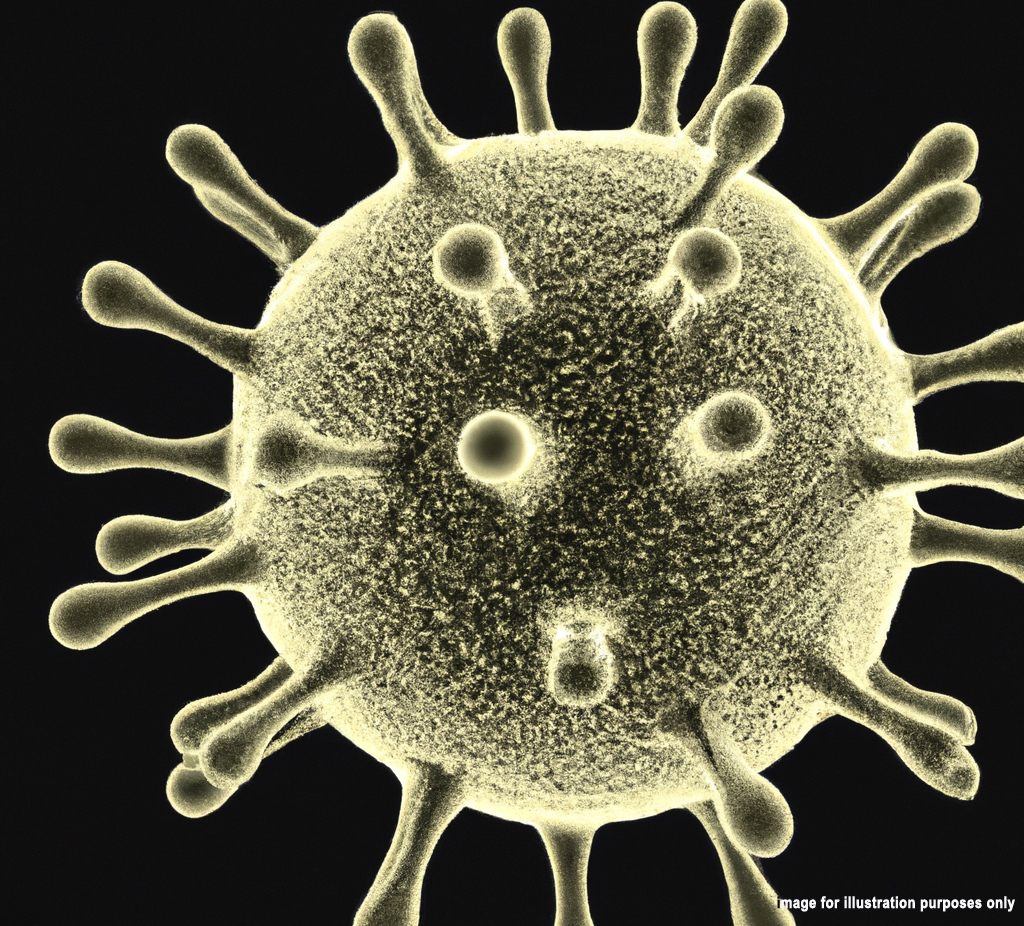Gastroenteritis

Bacterial gastroenteritis refers to the inflammation of the stomach and
intestines caused by bacteria.
Causes, Incidence, and Risk Factors
Various types of bacteria can trigger bacterial gastroenteritis, including:
• Campylobacter jejuni
• E. coli
• Salmonella
• Shigella
• Staphylococcus
• Yersinia
Bacterial gastroenteritis can affect an individual or a group of people who
consumed the same food contaminated with the bacteria. It frequently occurs
following the consumption of food at picnics, school cafeterias, large
social gatherings, or restaurants.
Bacteria may contaminate food through various means:
• Contact between meat or poultry and intestinal bacteria during processing
• Water used during cultivation or transportation may contain animal or
human waste
• Mishandling or improper preparation of food
Food poisoning often arises from the consumption of:
• Food prepared by individuals who did not practice proper hand hygiene
• Food prepared using unclean cooking utensils, cutting boards, or other
equipment
• Dairy products or dishes containing mayonnaise (like coleslaw or potato
salad) left out of the refrigerator for too long
• Frozen or refrigerated foods stored at incorrect temperatures or
inadequately reheated
• Raw fish or oysters
• Raw fruits or vegetables that were not thoroughly washed
• Raw vegetable or fruit juices and dairy products
• Undercooked meats or eggs
• Water from untreated wells or streams, or untreated city or town water
Symptoms
Symptoms vary depending on the specific bacteria causing the illness.
However, all forms of food poisoning lead to diarrhea. Other symptoms may
include:
• Abdominal cramps
• Abdominal pain
• Blood in stools
• Loss of appetite
• Nausea and vomiting
Signs and Tests
Your healthcare provider will examine you for signs of food poisoning, such
as abdominal pain and signs of dehydration.
Laboratory tests may be conducted on food or stool samples to identify the
bacteria responsible for your symptoms.
Treatment
Most common types of bacterial gastroenteritis resolve within a few days.
The primary aim is to alleviate symptoms and prevent dehydration.
The following measures may help alleviate diarrhea:
• Consume 8 to 10 glasses of clear fluids daily, preferably water.
• Drink at least 1 cup of liquid after each loose bowel movement.
• Consume small meals throughout the day instead of three large meals.
• Consume salty foods like pretzels, soup, and sports drinks.
• Consume potassium-rich foods like bananas, skinless potatoes, and diluted
fruit juices.
For children, offer fluids every 30 to 60 minutes for the first 4 to 6
hours. Over-the-counter drinks like Pedialyte or Infalyte may be beneficial.
Avoid diluting these drinks. Pedialyte is also available in popsicle form.
Additionally, diluted fruit juice or broth may be helpful.
If diarrhea persists and prevents fluid intake due to nausea or vomiting,
hospitalization may be necessary to administer fluids intravenously (IV),
especially in young children.
If you take diuretics, consult your healthcare provider as you may need to
stop them during illness. Never discontinue or alter medication without
consulting your healthcare provider and receiving specific instructions.
Antibiotics are typically not prescribed for most common types of bacterial
gastroenteritis unless diarrhea is severe.
Do not administer over-the-counter medications for diarrhea without
consulting your doctor, particularly in children.
Expectations (Prognosis)
In most cases, symptoms improve within a week with adequate fluid intake.
However, kidney failure or death is rare but possible in individuals with
bacterial gastroenteritis.
undo Common Diseases in Malaysia